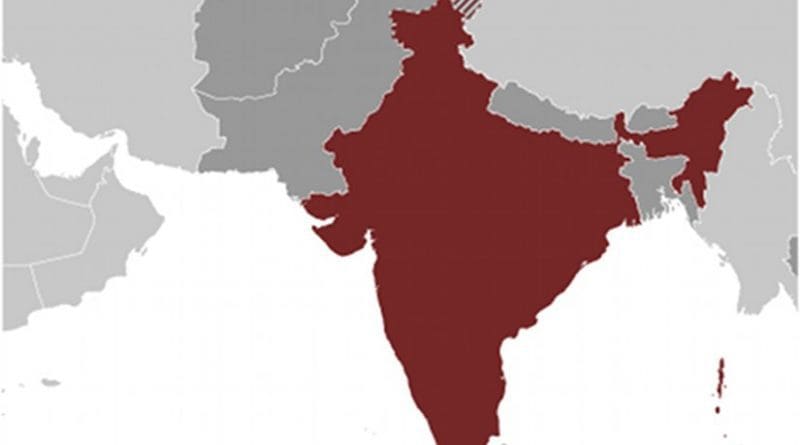India: Sanskrit Textbook Rewrites Script On Modern Science
By UCA News
Indian academics have launched a protest against a higher education textbook that states modern sciences such as aeronautics originated from ancient Hindu scriptures.
An online petition was submitted by a group of scientists and researchers against the decision of the All India Council for Technical Education (AICTE) to endorse Bharatiya Vidya Saar (India’s sea of knowledge) as a reference book for elective courses on ancient knowledge systems.
The book is published by Bhartiya Vidya Bhavan, an institution which enjoys the support of India’s governing pro-Hindu, nationalist Bharatiya Janata Party (BJP).
It claims that theories of modern aeronautics are described in ancient Sanskrit text, with details on construction of airplanes, navigation, aviation fuel and pilot preparation.
“Soon we will stop laughing over such claims as this is becoming the new normal in today’s India,” said Amit Kumar, a New Delhi-based researcher a signatory of the petition.
Kumar told ucanews.com the attempt was part of “well planned agenda of the government” to “link rationality with mythology.”
The controversial textbook also said the theories on the speed of light and gravitation were accurately mentioned in Rigveda, an ancient Vedic Sanskrit hymn.
Among other claims are: that Newton’s First Law of Motion and other theories on motion are discussed in Sanskrit text and that an ancient sage named Rishi Agastya invented the electro-voltaic cell and the theory of electrolysis to decompose water into oxygen and hydrogen.
The electro-voltaic cell, or galvanic cell, is attributed to two Italian inventors, Luigi Galvani and Alessandro Volta working in the late 18th century, while the British scientist Michael Faraday is widely credited with the law of electrolysis in the early 19th century.
The AICTE plans to introduce the book in 3,000 technical colleges across the country.
Some 2,000 researchers, educators and non-academics have joined the online petition which is addressed to the council’s chair Anil Sahsrabuddhe.
“All these claims stem from misunderstanding or deliberate mistranslation of philosophical verses or ascribing an ancient origin to verses composed in the last century,” the complaint said asking the council to withdraw its endorsement.
Terming it “pseudo science”, the petition said such books “do a disservice to the goal of taking knowledge of ancient Indian sciences to students by spreading conspiracy theories and blatantly false information.”
In March this year, a Reuters report said that a committee appointed by the Narendra Modi government had been working for six months to prove Hindus were direct descendants of India’s first inhabitants. The reports also said that the committee was seeking to demonstrate that ancient Hindu scriptures were fact, not myth.
In 2014, months after Modi came to power, the prime minister claimed ancient Indians had knowledge of plastic surgery. For example, the elephant-headed god Ganesha was created by surgically placing the animal’s face on a human body, he said.
Suvaid Ahmad, a rights activist based in New Delhi, said “we are living in different and difficult times”.
“The only remedy is to raise your voice and make people aware of how science and history are being rewritten to suit a particular mindset. This is dangerous and merits concern,” he said.
He said that pro-Hindu educators have been advocating the removal of Urdu and Persian words from school textbooks as they think such words connect Indian culture with Muslim rulers, including the Mughal Empire, who ruled most of northern India from 1526-1857.

